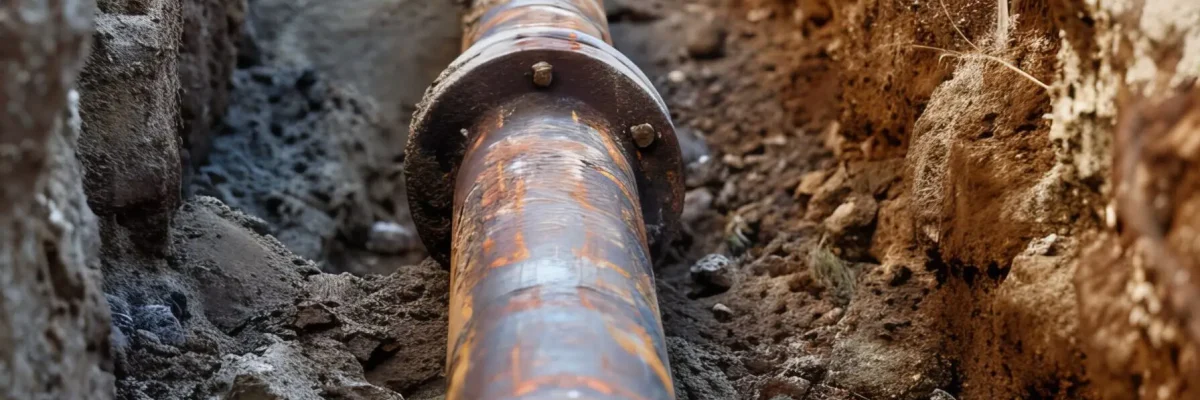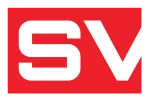Protect Your Plumbing System: Avoid Fats in Your Pipes
Managing fats in your plumbing system is often overlooked, but it can lead to costly blockages and harm the environment. Whether you’re connected to a municipal sewer system or rely on a septic tank, improper fat disposal can have serious consequences. At Débouchage SV, we understand the importance of keeping your pipes free of grease. Learn how to avoid these issues and keep your plumbing in great shape.
Why fats are a major problem for your pipes
Fats create serious challenges for any plumbing system. When poured into sinks or toilets, they may seem harmless at first. However, once they cool, they solidify and stick to the walls of your pipes, creating a stubborn clog.
The consequences of fats in your plumbing system
- Frequent clogs:
Hardened grease builds up over time, causing persistent blockages, slow drainage, and sewer backups. If left untreated, it can even lead to cracks in the pipes. - Septic tank issues:
Fats disrupt the biological balance in your septic tank, slowing down the decomposition of organic waste. This can require more frequent pump-outs and decrease the system’s efficiency. - Impact on municipal sewer systems:
Grease accumulates in public sewer lines, increasing maintenance costs for municipalities and sometimes causing massive clogs, also known as “fatbergs.”
Environmental impact
When fats reach waterways through the sewer system, they can disrupt aquatic ecosystems by creating blockages and affecting marine life and vegetation.
How to prevent grease-related clogs in your pipes
Here are the best practices to avoid problems caused by grease:
1. Don’t pour grease down the drain
Avoid pouring cooking oils, animal fats, or any type of grease into your sinks or toilets. This includes:
- Leftover frying oil.
- Greasy sauces.
- Fats from cooking foods like bacon or meat.
2. Practice responsible disposal
- Store grease in a sealed container before throwing it in the trash.
- Check with your local municipality to see if they offer grease recycling or collection services.
3. Install a grease trap
A grease trap is a simple yet effective device that captures grease before it enters your pipes. It’s especially useful for homes, restaurants, or businesses.
4. Educate your household
Teach your family members the importance of not pouring grease down the drain. Encourage them to develop responsible habits when it comes to grease disposal.
Eco-friendly alternatives for disposing of grease
If you’re unsure what to do with your used grease, here are two simple and environmentally friendly options:
- Recycle cooking oils:
Many local communities provide collection points for used cooking oils. These oils can be recycled and transformed into biodiesel. - Solidify before disposal:
Mix grease with absorbent materials such as coffee grounds or cat litter. Once solidified, it can be thrown away with regular household waste.
Additional tips for healthy plumbing
Follow these simple steps to maintain an efficient plumbing system and avoid costly repairs:
- Regularly clean your pipes:
Pour hot water mixed with detergent into your drains to dissolve minor grease buildup. - Schedule preventive maintenance:
Arrange for regular inspections to prevent grease accumulation in your pipes. - Call in professionals:
If you notice signs of clogging or unusual odors, contact Débouchage SV for an in-depth inspection and professional cleaning.
Why trust Débouchage SV?
At Débouchage SV, we specialize in clearing grease-related clogs and maintaining plumbing systems. Our services include:
- Sewer unclogging: Quickly and effectively remove blockages.
- Septic tank pumping: Maintain the biological balance of your septic system.
- Grease trap maintenance: Extend the lifespan of your equipment with professional care.
With our expertise, you can enjoy a reliable and long-lasting plumbing system. Contact us today to learn more or to schedule an appointment.
Frequently asked questions (FAQ)
1. Why does grease clog pipes?
Grease solidifies as it cools, forming a thick layer inside your pipes. Over time, this buildup leads to clogs that are difficult to remove without professional intervention.
2. How can I tell if my pipes are clogged with grease?
Common signs include slow drainage, foul odors coming from your drains, and backups in sinks or toilets.
3. How much does professional unclogging cost at Débouchage SV?
The cost depends on the severity of the problem, but our services are competitively priced and focused on providing lasting solutions. Contact us for a personalized quote.
Fats in your pipes can cause costly damage, but with proper management and regular maintenance, these problems can be avoided. At Débouchage SV, we’re here to help you protect your plumbing system and your peace of mind.
Call us now for a free diagnosis or personalized advice!






